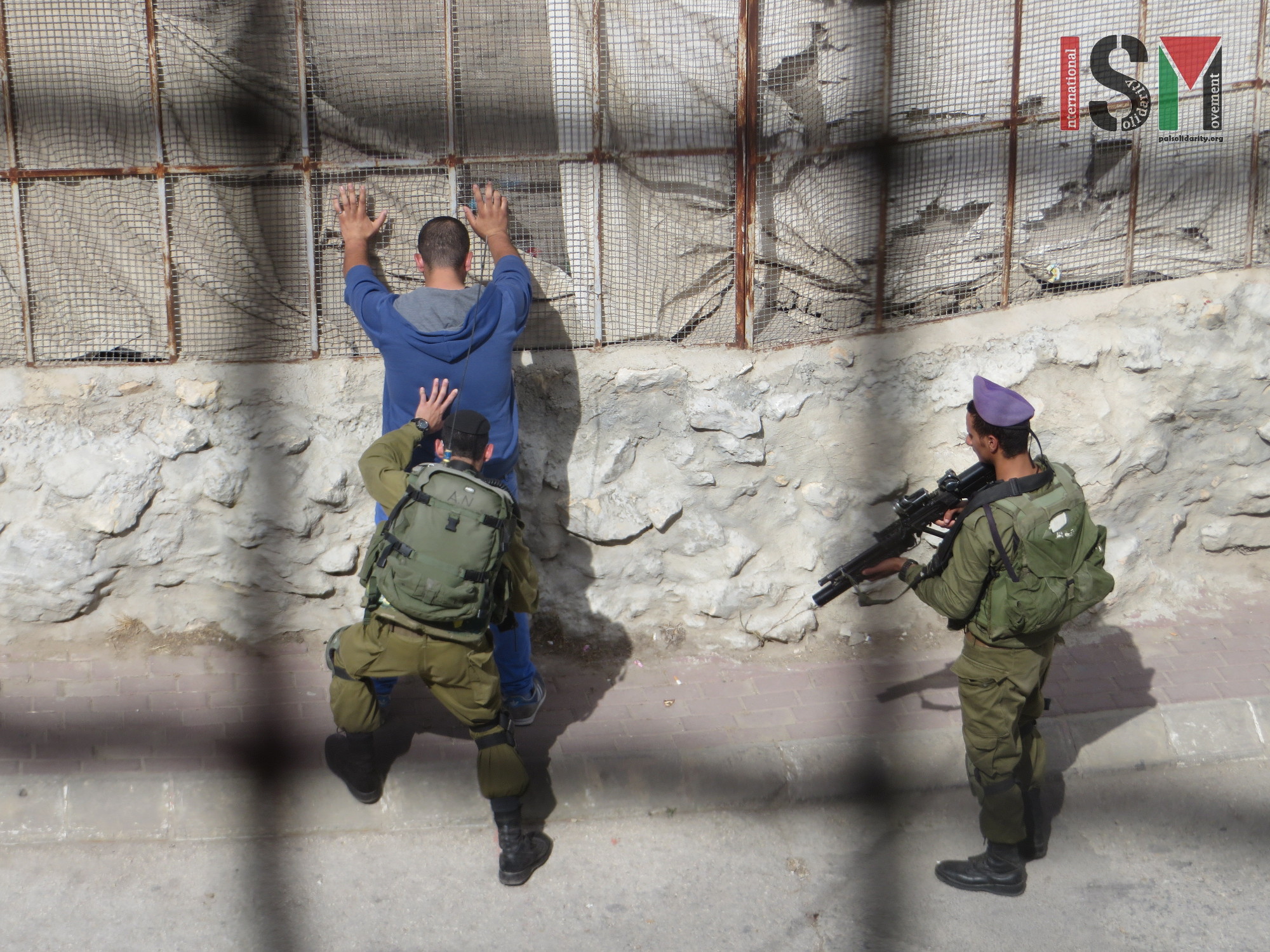Tag: Checkpoint
-
Total impunity to mess with lives
14th February 2017 | International Solidarity Movement, al-Khalil team | Hebron, occupied Palestine Israeli forces, again, or rather still, are using their impunity as occupiers to humiliate, harass and intimidate Palestinians and internationals crossing Shuhada checkpoint in occupied al-Khalil (Hebron). The Israeli forces at this checkpoint sit behind bullet proof glass in a closed checkpoint-box, that nobody…
-
Humiliation
3rd February 2017 | International Solidarity Movement, al-Khalil team | Hebron, occupied Palestine No one can describe this feeling, when occupation did what it does best: humiliate, harass, humiliate. There is no words to say, today, I was treated like I’m not a human being. No words, that can put across the actual meaning. The…
-
“If your students want an education…” – Right to education violable under occupation?
2nd February 2017 | International Solidarity Movement, al-Khalil team | Hebron, occupied Palestine On Thursday morning Israeli forces detained Palestinian teachers and students from Qurtuba school for over two hours at Shuhada checkpoint in occupied al-Khalil (Hebron) without reason and despite the fact that students and teachers always have to pass the checkpoint to reach school. Israeli…


